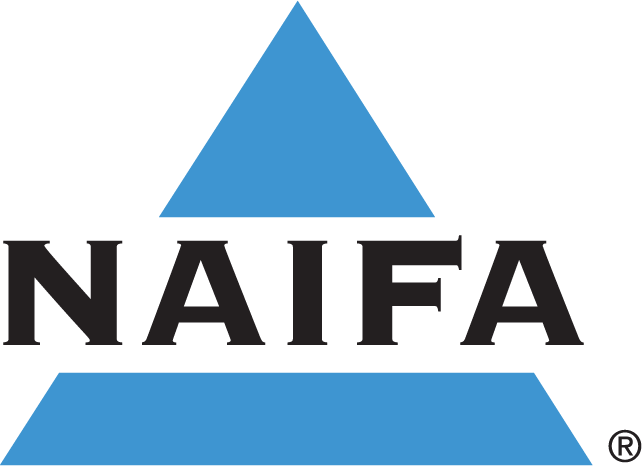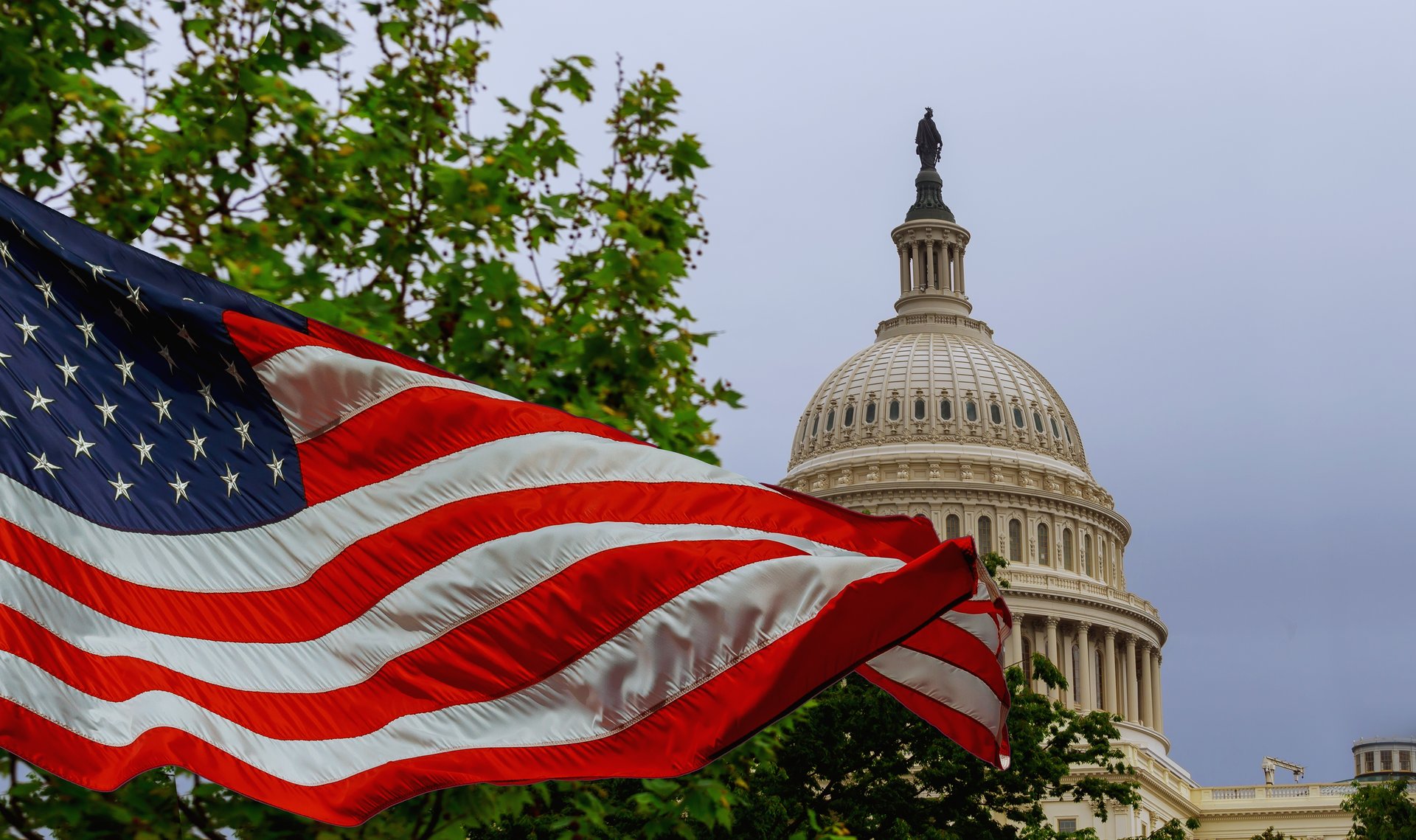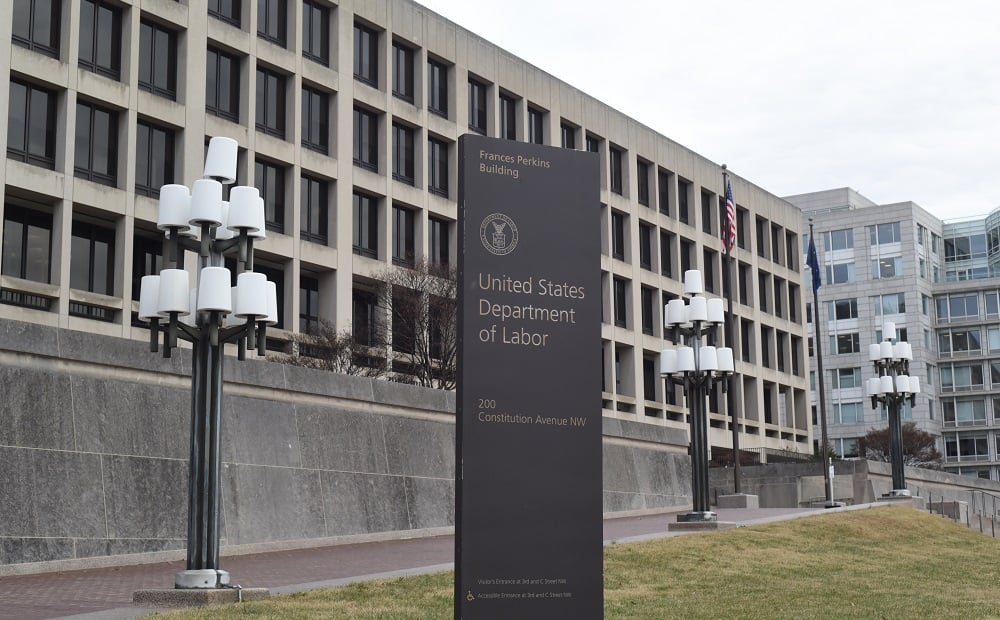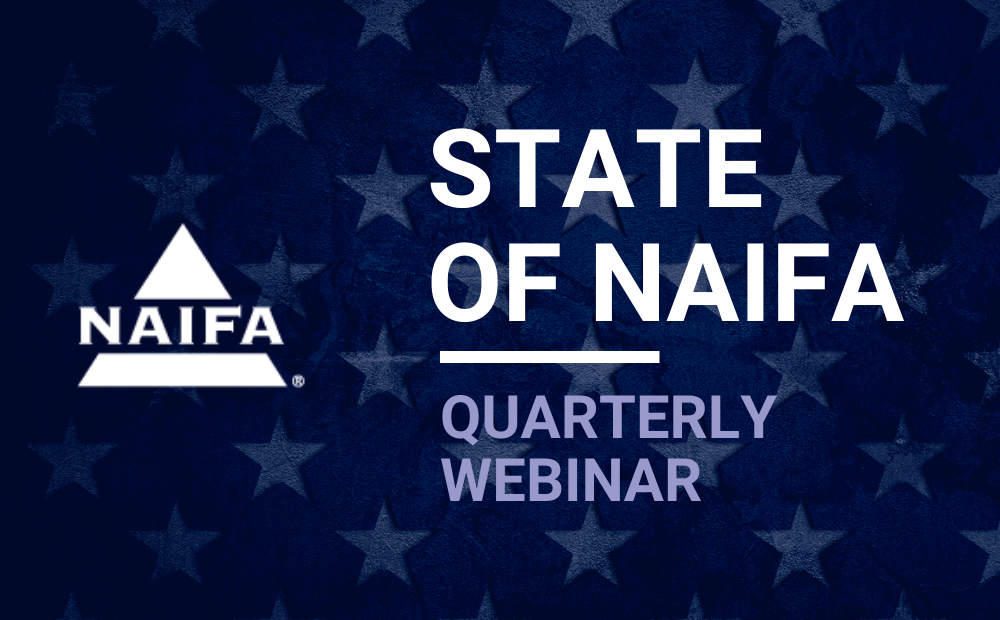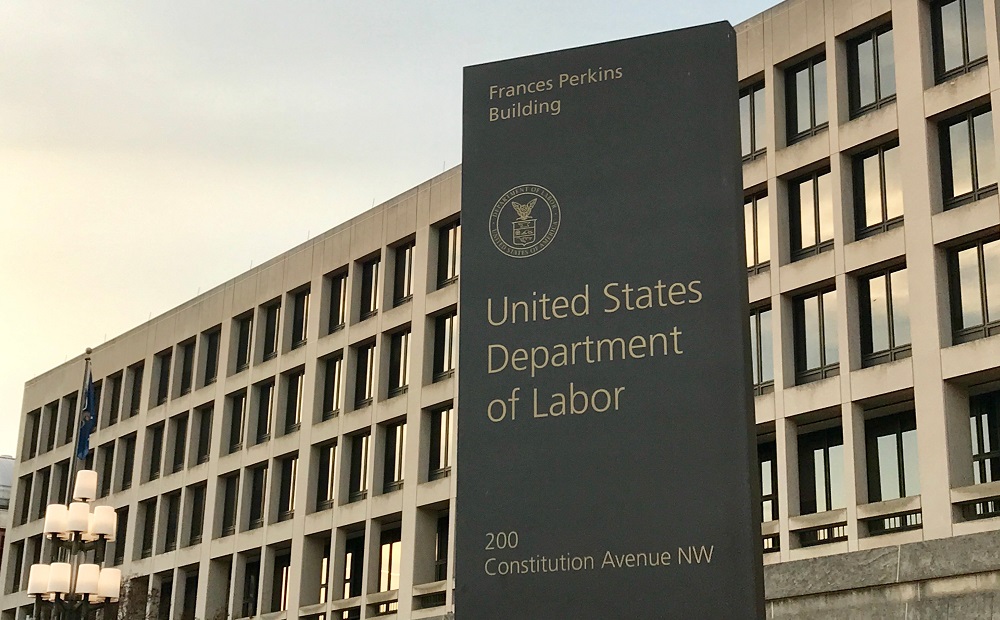NAIFA members are committed to working in the best interests of the consumers they serve. They follow a Code of Ethics requiring them to put clients’ interests first. Yet, the Department of Labor’s rehashed fiduciary-only proposal is decidedly not in the best interests of the American public who benefit from the ability to choose how and from whom they receive financial guidance.
NAIFA has sent the DOL a detailed comment letter explaining the negative impacts the department’s proposed “Retirement Security Rule: Definition of an Investment Advice Fiduciary” will have on NAIFA members and, more importantly, consumers who rely on financial professionals for products, services, and guidance.
The central point is that the proposal would eliminate consumer choice and make it difficult or impossible for many low- or middle-income investors to receive professional financial help. The proposal revives many of the provisions of the DOL’s 2016 Fiduciary Rule, which resulted in a NAIFA lawsuit and was vacated by a federal appeals court. It fails to recognize that some consumers’ best interests are served by paying commissions to their financial professionals. The current regulatory scheme supports multiple models, including commission-based and fee-only services.
The proposal “will require many NAIFA members to modify their fee and compensation arrangements and move from commissions to flat fee arrangements” and “will limit access to professional financial services for low- or middle-income clients,” according to NAIFA’s comments.
Worst of all, the DOL proposal is completely unnecessary. The SEC’s Regulation Best Interest, which applies throughout the United States, and the National Association of Insurance Commissioners’ model regulation for annuity transactions, which has been adopted by 41 states and counting, provide robust consumer protections without harming consumer choice or the ability of low- and middle-income investors to receive assistance. They require financial professionals to work in clients’ best interests. The DOL proposal would complicate the regulatory landscape and create unnecessary confusion.
NAIFA’s comments suggest that the DOL take a more constructive approach to addressing Americans’ retirement planning needs: “Instead of pursuing this rulemaking effort, NAIFA urges the Department to focus its resources and efforts on providing clear and appropriate opportunities for the Department to help America’s workers and retirees build their retirement nest eggs and enjoy a financially secure retirement. Implementing the critically important retirement security provisions enacted by Congress in recent years through the SECURE Act and the SECURE 2.0 Act is key to that goal. The Proposed Rule threatens low- and middle-income workers' ability to utilize the SECURE Act and SECURE 2.0 Act’s provisions due to being forced out of the market for professional financial services.”
NAIFA will continue to engage with DOL during the regulatory process. The proposed rule is also a focus of NAIFA’s advocacy with members of Congress. NAIFA members have helped educate lawmakers on the proposal via emails and face-to-face meetings. The DOL rule will be a focus of NAIFA’s Congressional Conference, May 20-21, when more than 500 financial professionals will be on Capitol Hill for meetings with their Representatives and Senators.
As we did with DOL 2016 Fiduciary Rule, NAIFA is prepared to engage with all three branches of government to oppose this harmful proposal and strongly urges DOL to withdraw it.

